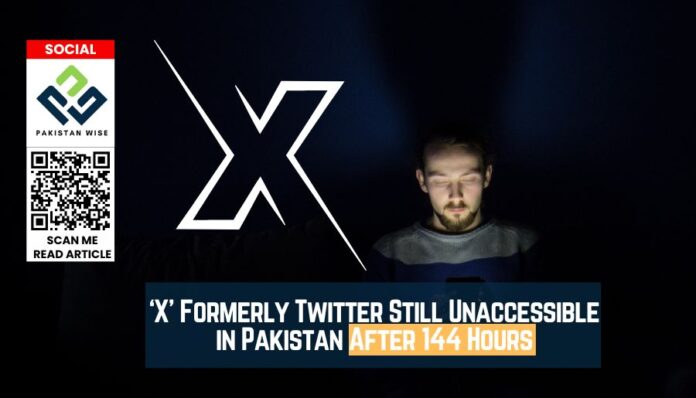For over six consecutive days, Pakistan has experienced a disconnection from the widely used social media platform, ‘X,’ formerly known as Twitter. The prolonged outage has left citizens without a crucial channel for information and communication, with the government remaining notably silent on the issue.
The problem surfaced last Saturday, impacting individuals heavily reliant on Twitter for information sharing. Surprisingly, the Pakistan Telecommunication Authority (PTA) has been unable to promptly resolve the issue, deviating from historical patterns of internet shutdowns, especially during significant events like the general elections on February 8.
Despite a court order mandating the full restoration of Twitter’s services, the government has yet to comply, raising questions about their reluctance. This has led to uncertainty and frustration among affected users, eagerly awaiting the return of normalcy in the digital realm.
Related Article: WhatsApp is Getting Android’s Quick Share-Like Feature Soon
This incident highlights evolving dynamics between governments and social media platforms, emphasizing the broader consequences of disruptions on businesses and information flow.
The lack of government transparency adds complexity, leaving users to speculate and fostering frustration and distrust. This situation underscores the importance of open communication, particularly in matters concerning access to essential communication platforms.
Related Article: Digital Advertising with Google Ads Gemini Integration: A Game-Changer for Advertisers
As the outage persists, public frustration grows. Social media’s integral role in modern communication makes its absence impactful, disrupting information flow and connectivity. The ongoing disruption prompts important questions about the relationship between governments and social media platforms, emphasizing the critical role of transparent communication in contemporary society.

